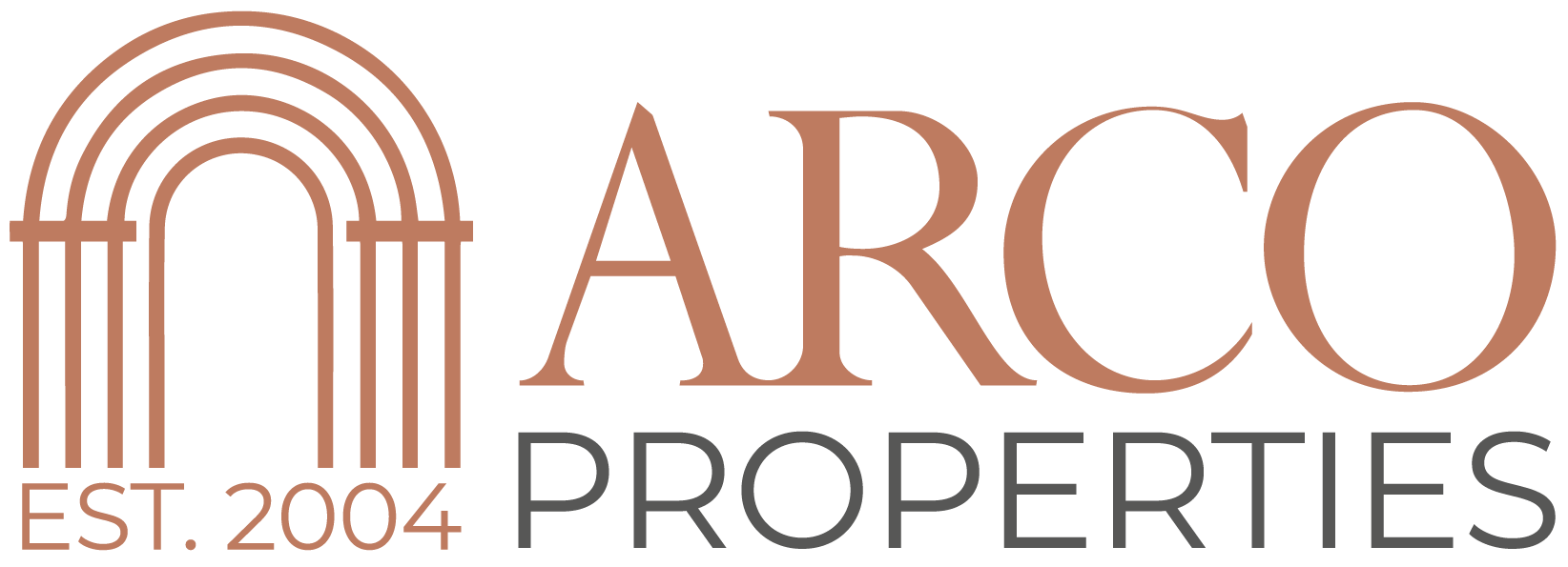Accounting and Tax Obligations for Investment Properties in Panama

Panama, Casco Viejo, Casco Antiguo
This is our last episode with certified CPA Derick Brown, and it is about what type of obligations you have when you own investment property in Panama. In this chapter of his book THE REAL ESTATE INVESTOR´S HANDBOOK, you´ll read about accounting records, financial statements and more. Again, if you haven´t yet done so, go ahead and visit the link in the description and get the book! And if you´d like to see the complete version of these interviews, go check our Youtube Channel, Arco Properties.
This series does not constitute financial advise, and his opinions are his own. If you´d like to know more, please contact your accountant or Derick.
To purchase his book:
If you are in Panama: The Real Estate Investor’s Handbook (Paperback) ($ 25) (cuanto.app)
Or anywhere by Amazon: Amazon.com: The Real Estate Investor’s Handbook: Understanding Panamanian Real Estate Tax & Accounting Rules: 9798857808566: Brown Joseph, Derick Brian: Books
And more about Derick: Bio | Derick Brown | CPA
ARCO: Final episode! So Derick, can you give us a list of tax obligations anyone with an investment property has in Panama? I´m assuming this applies to anyone, whether a local, foreigner or a corporation:
Sure…
- Electronic invoices
- Property tax
- Accounting records
- Tax return
ARCO: What is the deal with electronic invoices? A lot of people don´t understand this legislation changed and started to be applied January 2023. If I´m an owner of an investment property, what is it, and what do I need to do to get it? Would it mean that every month I need to issue an electronic invoice? And for those who are working from invoice booklets, when would this be phased out?
An electronic invoice is basically an invoice that when issued, the tax administration automatically gets a copy. There is a free system and a paid system.
Companies or individuals that issue less than 500 invoices per month and gross revenue is below $1M, can use the free version of electronic invoices enabled by the DGI.
To enable this system, you just need to log it to the owner’s tax account and submit the request, it takes less than 5 minutes.
Yes, every month you need to issue an electronic invoice to document your rental income.
Manual booklets haven’t been valid legally since January 2nd, 2023 for rental activity.
ARCO: Tell me a bit about costs and expenses, what can I deduct as an owner from this income tax?
Any expenses related to the generation of the rental income.
- a) National and municipal taxes levied on the property.
- b) depreciation on the value of improvements made to the leased real estate and, where appropriate, of the leased personal property.
- c) maintenance costs of the leased properties and their repairs, as long as they do not constitute substantial improvements.
- d) administrative expenses when a third party handles them.
- e) common expenses (HOA) of the leased condominiums.
- f) salaries and personal remuneration paid to employees and professionals and their social benefits.
- g) expenses for common service supplies, such as electricity, telephone, and water, as well as insurance premiums, when the tenants do not bear them.
- i) uncollectible amounts in the concept of lease fees, considering as such those that are in arrears for more than one (1) year.
- j) interest on loans contracted for the construction, acquisition, improvement, or repair of the leased property; and
- k) any other expense related to the production of taxable income or the preservation of its source…”
ARCO: I see you have a separate handbook just for the specifics of monthly accounting. What can we find in this book?
Yes, I wrote an eBook called “Decoding the Monthly Accounting Dilemma”, where I break down the different regulations that state monthly bookkeeping is an obligation for every company in Panama.
This is also a misconception in Panama, where a lot of business owners and investors believe that it’s optional to keep the business monthly accounting and that a tax return can be done without first having to do the monthly accounting.
ARCO: So, to summarize, we have the property taxes, the accounting records, the electronic invoices on one hand. And then on the other you have the deductions, the depreciation and tax returns. Is this correct?
Correct.
ARCO: If you must give one piece of advice to our audience, what would it be?
The best time to consult with an accountant or tax expert about your tax / accounting obligations in Panama is before you invest in the property, the second-best time is today. Make sure you are up top of your accounting and tax obligations or that you have the right team in place to do so.
